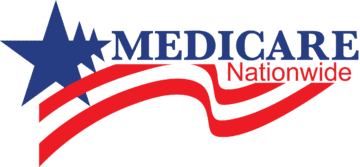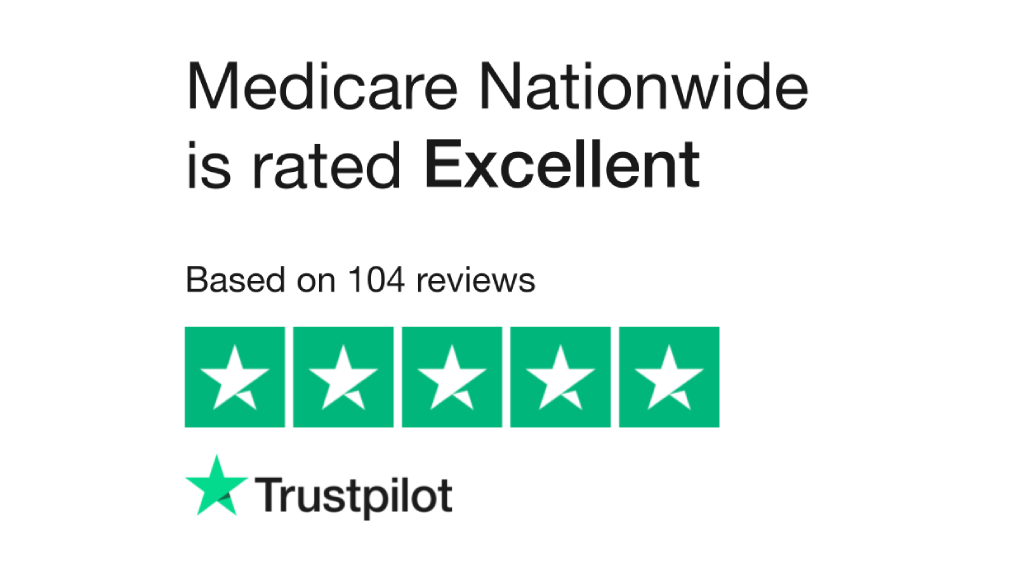In an era where the traditional employment model is constantly evolving, a significant number of individuals find themselves outside the typical employer-provided insurance system. This includes freelancers, gig economy workers, part-time employees, and others who either cannot access or choose not to participate in group insurance plans offered by employers.

Recognizing the need to serve this growing demographic, Tier One Insurance Company, a subsidiary of Aflac Incorporated, has emerged as a pivotal player, offering tailored supplemental insurance products that address the unique challenges faced by non-workplace individuals. This detailed exploration sheds light on how Tier One and Aflac are bridging critical insurance gaps, ensuring financial security and peace of mind for those traditionally underserved by insurance markets.
The Growing Importance of Supplemental Insurance
The concept of supplemental insurance is designed to fill in the financial gaps that standard health and life insurance policies often leave. These gaps can include copayments, deductibles, and other substantial out-of-pocket expenses. For individuals facing serious illnesses or accidents, these costs can quickly escalate into financial burdens capable of undermining their economic stability. Supplemental insurance acts as a financial safety net, cushioning the blow of unexpected medical expenses that primary insurance policies do not cover.
The need for supplemental insurance is particularly acute for non-workplace individuals who lack access to employer-sponsored insurance benefits. Without the bargaining power of a large employer to negotiate benefits, these individuals often face higher premiums and less comprehensive coverage, making supplemental insurance not just a luxury but a necessity.
Tier One’s Strategic Approach to Supplemental Insurance
Tier One Insurance Company has tailored its supplemental insurance products specifically for the non-workplace market. This strategic focus is evident in their recent launches of Aflac’s Final Expense Whole Life Insurance and Aflac Medicare Supplement Insurance. Both products are designed with the unique needs of their target demographic in mind, ensuring that individuals have access to critical financial support in times of need.
Aflac’s Final Expense Whole Life Insurance is a poignant example. This insurance plan addresses the financial realities associated with end-of-life expenses. Traditional health insurance, including Medicare, typically does not cover costs like funeral expenses and outstanding medical bills, which can be considerable. By providing financial aid in these areas, Tier One helps families manage their financial responsibilities without the added stress of significant end-of-life expenses.
Aflac Medicare Supplement Insurance complements this by covering the gaps left by Medicare. As healthcare costs continue to rise, the out-of-pocket expenses associated with copayments, coinsurance, and deductibles can become unmanageable. Aflac’s supplemental plans help cover these costs, ensuring that individuals can afford the care they need without jeopardizing their financial health.
These products are part of a broader suite that also includes accident, cancer, and critical illness insurance, reflecting a comprehensive approach to supplemental coverage. Such diversity in product offerings allows individuals to customize their insurance portfolios to their specific circumstances, providing tailored protection against a wide array of financial risks.
Aflac’s Comprehensive Range of Supplemental Insurance Offerings
Aflac’s reputation as a leader in the insurance industry is built on its broad array of supplemental insurance products. These offerings are designed to enhance the financial security of policyholders by providing additional coverage where traditional insurance leaves off. For instance, Aflac’s accident insurance provides a lump sum payment that can be used for medical expenses, everyday bills, or any other financial needs that arise due to an accident. Similarly, their cancer insurance helps manage the high costs of cancer treatment, which can quickly deplete savings and disrupt an individual’s financial planning.
These supplemental products are essential for non-workplace individuals, providing a critical buffer against the economic shocks that come with serious health issues. By ensuring that individuals can access and afford these additional coverage options, Aflac plays a vital role in enhancing the overall financial resilience of those without employer-provided insurance benefits.
Leveraging Partnerships for Enhanced Coverage
The effectiveness of Tier One’s offerings is further amplified through strategic partnerships, most notably with Aetna Life Insurance Company. This partnership allows Tier One to leverage Aetna’s extensive network of healthcare providers and its deep expertise in managing healthcare services. As a result, policyholders not only benefit from comprehensive insurance coverage but also gain access to high-quality healthcare services.
This collaboration between Tier One and Aetna is a testament to the companies’ commitment to providing more than just financial products; they aim to deliver holistic solutions that improve health outcomes while reducing healthcare costs. Such partnerships are crucial in creating a supportive ecosystem that addresses the broader needs of individuals, particularly those in the non-workplace segment.
The Role of Ratings and Industry Recognition
Industry ratings underscore the reliability and effectiveness of Tier One and its associated products. A.M. Best, a notable insurance rating agency, has awarded an ‘A’ (Excellent) rating to the companies under Aflac and its partners. This rating reflects financial strength and a proven track.
Final Thoughts
The agreement between Tier One Insurance Company and Aflac represents a significant step forward in the effort to provide individuals who are not employed in a traditional employment setting with insurance options that are both comprehensive and easily accessible. Tier One and Aflac are guaranteeing that more people have the resources necessary to handle health problems without fear of financial ruin by filling the gaps left by normal health and life insurance plans. This is being accomplished by filling the gaps made by standard policies. The landscape of employment is constantly shifting, and as a result, the role of supplemental insurance is becoming increasingly important in protecting the financial health and welfare of the general population. Feel free to reach out to our reliable representatives for further information regarding Medicare Supplement Insurance Plans directly by dialing 1-888-559-0103.

